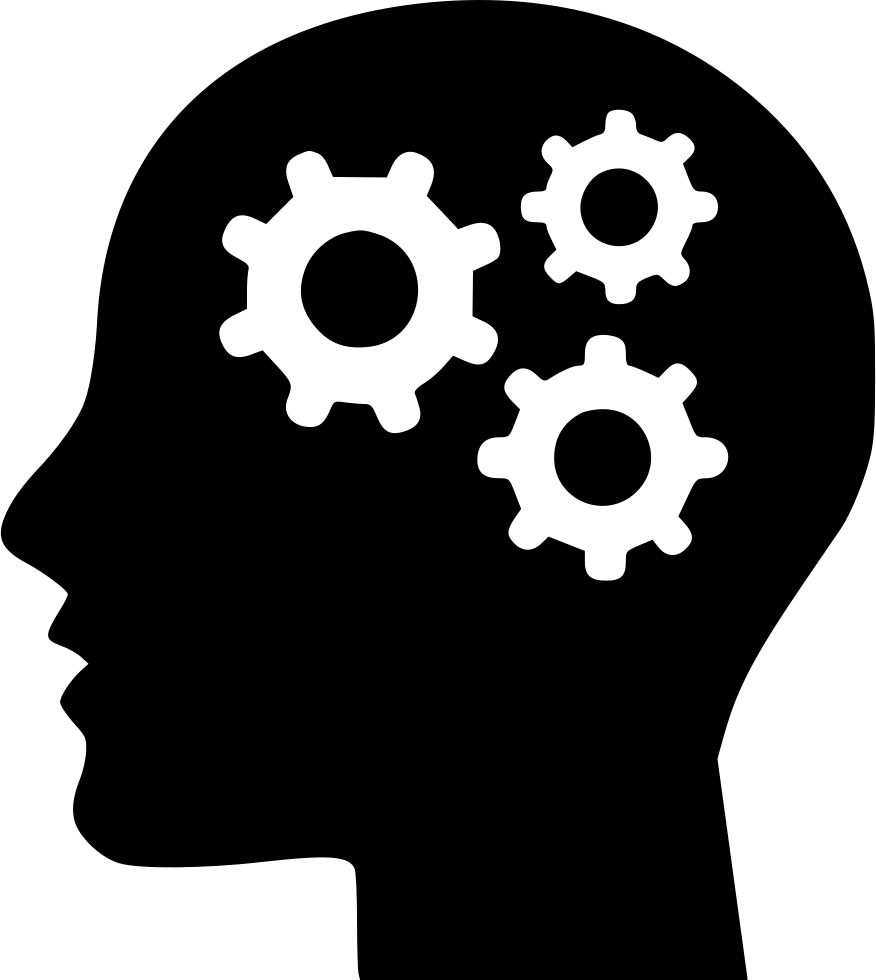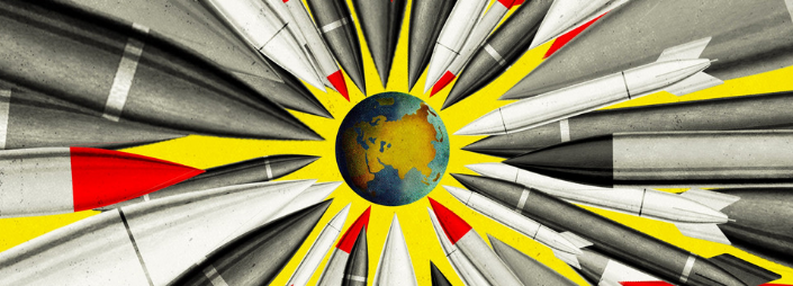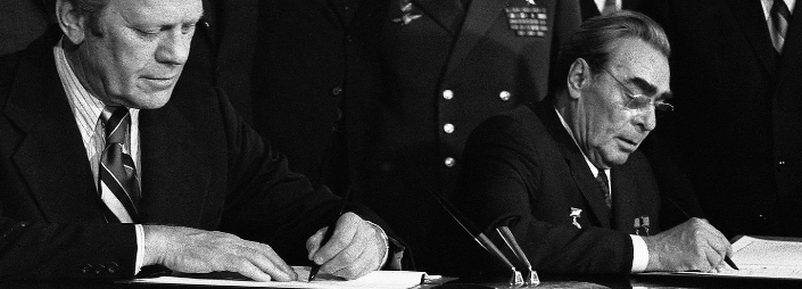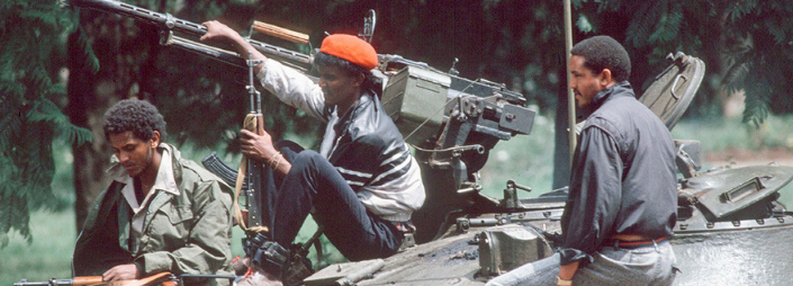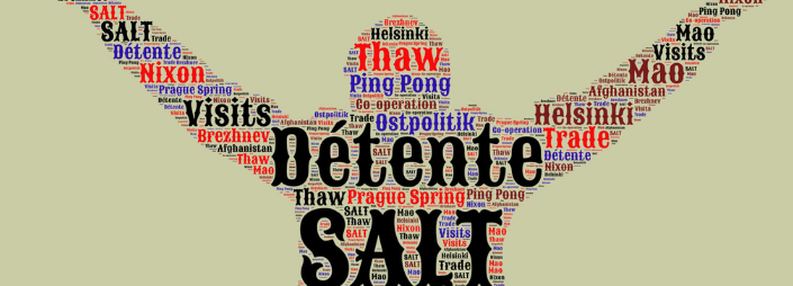Unit Outline
Despite the persistence of conflict and competition, the Cold War was punctuated by periods of cooperation as both superpowers sought to manage tensions. Occurring at different times throughout the Cold War, the first period of detente occurred during the 1950s as the post-Stalin leadership of the Soviet Union sought to achieve ‘peaceful co-existence’ with the US. The second period of detente occurred in the 1970s as both the US and USSR sought to reduce tensions globally.
Whilst detente did nothing to end the Cold War in an immediate sense, it did lead to practical steps by both superpowers to regulate and control the Cold War, thus preventing tensions from spiralling out of control. Yet many argue that this merely froze the conflict even further, preventing either side from changing the balance of power in their favour. So to what extent were these attempts at 'detente' successful, or did they contribute to the continuation of the war? In answering this question, this unit will also explore the nature of cooperation and conflict resolution during the Cold War. As such, our statement of inquiry for this unit is:
Whilst detente did nothing to end the Cold War in an immediate sense, it did lead to practical steps by both superpowers to regulate and control the Cold War, thus preventing tensions from spiralling out of control. Yet many argue that this merely froze the conflict even further, preventing either side from changing the balance of power in their favour. So to what extent were these attempts at 'detente' successful, or did they contribute to the continuation of the war? In answering this question, this unit will also explore the nature of cooperation and conflict resolution during the Cold War. As such, our statement of inquiry for this unit is:
|
statement of inquiry
Conflicts between states can be managed and tensions reduced through increased cooperation
global context
Fairness and Development (Justice, peace and conflict management) - Students will explore rights and responsibilities; the relationship between communities; sharing finite resources with other people and with other living things; access to equal opportunities; peace and conflict resolution.
key history concept
Continuity - While historical study often focuses on moments of significant change, students should also be aware that some change is slow, and that throughout history there is also significant continuity. Students can demonstrate deep historical knowledge and understanding by, for example, showing awareness that there are times when there has been considerable continuity in the midst of great historical change. Alternatively, students may question and assess whether a change in political leadership, for example, brought about a change in foreign policy, or whether it was more accurately mirroring policies of previous governments.
related history concept(s)
Cooperation - Cooperation is the action or process of individuals or societies working together towards the same end. Historians examine the cooperation between societies, individuals, and environments in order to determine the positive, negative, short-term, and long-term factors that define/derive a historical event or process. Cooperation can be a catalyst for change or continuity. Cooperation between actors implies certain levels of responsibility.
|

